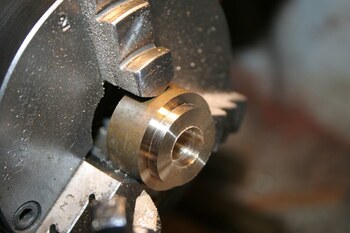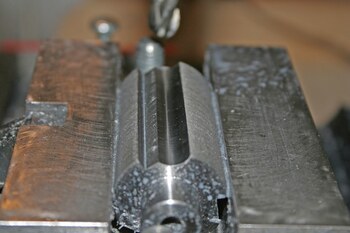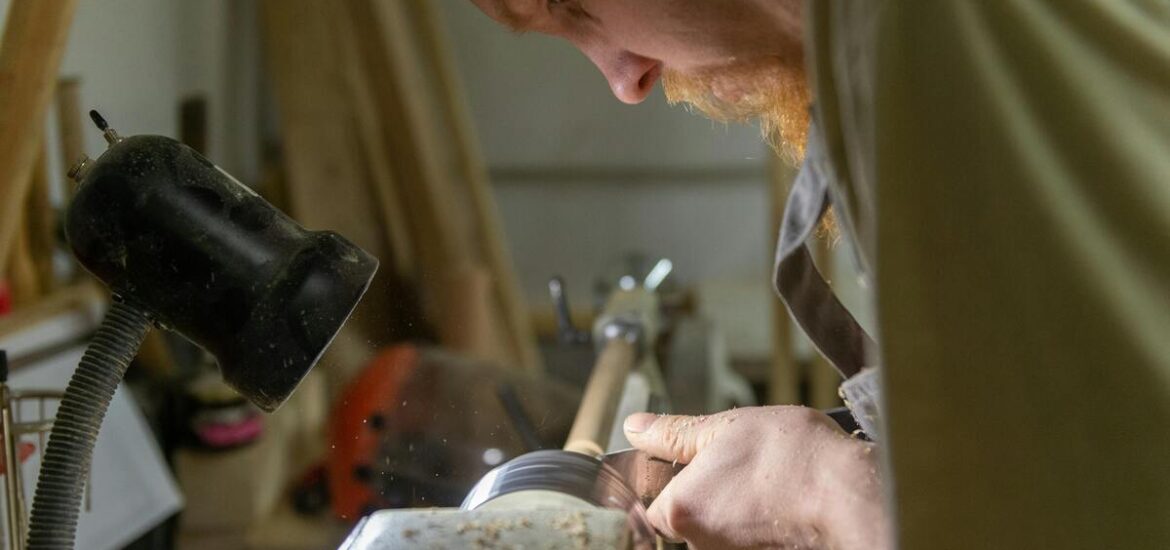In the world of manufacturing, precision is paramount. Every component, every part, every product must meet exacting standards to ensure quality, reliability, and safety. At the heart of this precision lies the field of precision machine design, where engineers meticulously craft machines that can produce parts with incredible accuracy and consistency. In this article, we’ll explore the importance of precision machine design, its key principles, and how it is shaping the future of manufacturing.
 What is Precision Machine Design?
What is Precision Machine Design?
Precision machine design is the process of designing machines and mechanical systems that can achieve extremely high levels of accuracy and repeatability.
These machines are used in a wide range of industries, including aerospace, automotive, electronics, and healthcare, to produce everything from microchips to jet engine parts.
Key Principles of Precision Machine Design
- Accuracy: Perhaps the most important principle of precision machine design is accuracy. Every component of a precision machine must be designed and manufactured to very tight tolerances to ensure that the machine can produce parts that meet the required specifications.
- Stiffness: Stiffness refers to the ability of a machine to resist deformation under load. In precision machine design, stiffness is crucial because any deformation can lead to inaccuracies in the finished part. Engineers use advanced materials and structural designs to maximize stiffness while minimizing weight and size.
- Dynamics: Dynamics refers to the behavior of a machine in response to external forces and vibrations. In precision machine design, minimizing vibrations and other dynamic effects is essential to ensure that the machine can operate at its full potential.
- Control: Precision machines often require sophisticated control systems to ensure that they operate with the required accuracy and repeatability. These control systems may include sensors, actuators, and feedback loops to monitor and adjust the machine’s performance in real-time.
Applications of Precision Machine Design
Precision machine design is used in a wide range of industries and applications. Some examples include:
- Manufacturing: Precision machine design is essential for producing high-quality parts for automotive, aerospace, and other industries.
- Electronics: Precision machine design is used to produce microchips, circuit boards, and other electronic components with extremely high precision.
- Healthcare: Precision machine design is used to produce medical devices, prosthetics, and surgical instruments.
- Research: Precision machine design is used in research laboratories to produce experimental equipment and instruments.
Future Trends in Precision Machine Design
 As technology continues to advance, the field of precision machine design is also evolving. Some key trends to watch include:
As technology continues to advance, the field of precision machine design is also evolving. Some key trends to watch include:
- Miniaturization: As demand grows for smaller and more compact devices, precision machine designers are working to create machines that can produce parts with even greater precision on a smaller scale.
- Automation: Automation is playing an increasingly important role in precision machine design, with more machines incorporating advanced robotics and artificial intelligence to improve efficiency and accuracy.
- Additive Manufacturing: Additive manufacturing, or 3D printing, is revolutionizing precision machine design by enabling engineers to create complex parts that would be impossible to produce using traditional methods.
Conclusion
Precision machine design is a critical field that is shaping the future of manufacturing. By focusing on principles such as accuracy, stiffness, dynamics, and control, engineers are able to create machines that can produce parts with incredible precision and consistency. As technology continues to advance, the field of precision machine design will continue to evolve, leading to new innovations and advancements in manufacturing.

